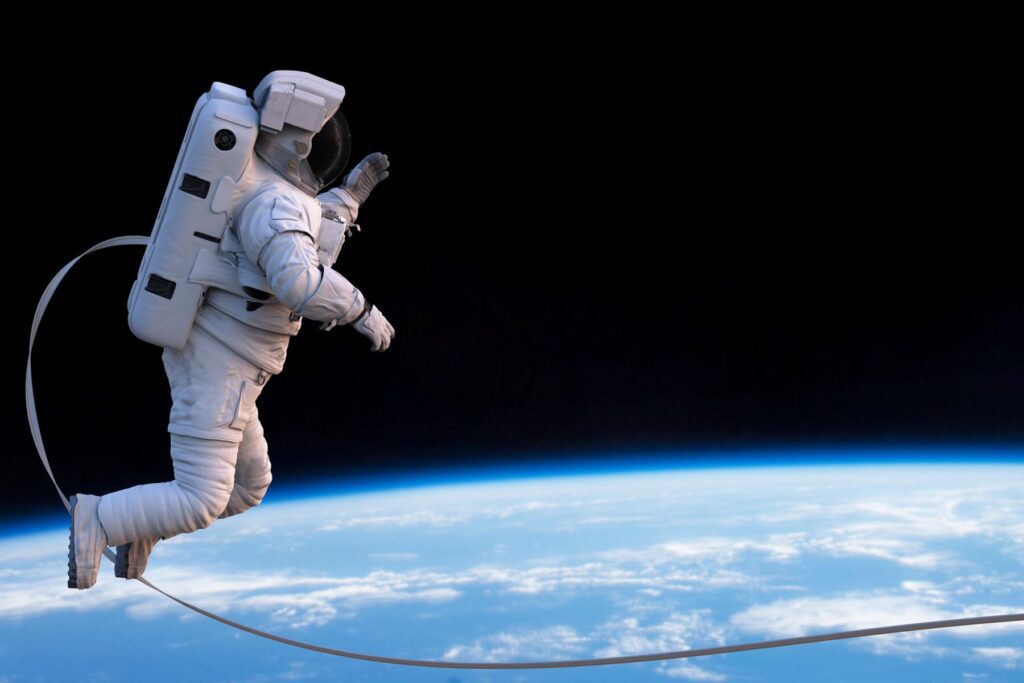The Impact of Long-Term Space Travel on Musculoskeletal Health
Space travel has long captured the imagination of humanity, offering a glimpse into the unknown and pushing the boundaries of human exploration. However, as we venture farther into space and contemplate long-duration missions to destinations like Mars, understanding the effects of space travel on human health becomes increasingly crucial. One area of concern is the impact of space travel on the musculoskeletal system, which plays a vital role in maintaining posture, movement, and overall health.
How Does Space Affect the Musculoskeletal System?
In the microgravity environment of space, astronauts experience reduced mechanical loading on their musculoskeletal system. Without the constant pull of gravity, bones and muscles no longer need to support body weight or resist the forces of gravity, leading to muscle atrophy and bone loss. This phenomenon, known as spaceflight-induced musculoskeletal deconditioning, can result in decreased muscle mass, strength, and bone density over time.

How Does Space Travel Affect Your Muscles?
During spaceflight, astronauts undergo significant changes in muscle physiology due to reduced physical activity and the absence of gravity. Skeletal muscles, which rely on gravity for resistance during everyday activities on Earth, experience disuse and atrophy in the weightless environment of space. Additionally, alterations in muscle fiber composition and metabolism can occur, affecting muscle function and performance upon return to Earth.

What Are the Long-Term Effects of Space Travel?
Prolonged exposure to microgravity can have lasting effects on the musculoskeletal system, even after astronauts return to Earth. Studies have shown that astronauts may experience persistent muscle weakness, decreased bone density, and increased susceptibility to musculoskeletal injuries following extended space missions. These long-term effects highlight the need for targeted interventions to mitigate the negative impact of space travel on musculoskeletal health.
What Are the Health Risks Associated with Space Travel?
In addition to musculoskeletal concerns, space travel presents a range of other health risks for astronauts. These include cardiovascular deconditioning, immune system dysregulation, vision changes, and radiation exposure. Addressing these risks requires a comprehensive understanding of the physiological changes induced by spaceflight and the development of countermeasures to protect astronaut health during and after missions.

In conclusion, while space exploration holds immense promise for humanity’s future, it also poses significant challenges for maintaining the health and well-being of astronauts. Understanding the impact of long-term space travel on musculoskeletal health is essential for developing effective countermeasures and ensuring the success of future missions beyond Earth’s orbit. By studying the effects of microgravity on the musculoskeletal system and implementing targeted interventions, we can mitigate the risks associated with space travel and pave the way for safe and sustainable exploration of the cosmos.
Know More About Effects of Spaceflight on Musculoskeletal Health
